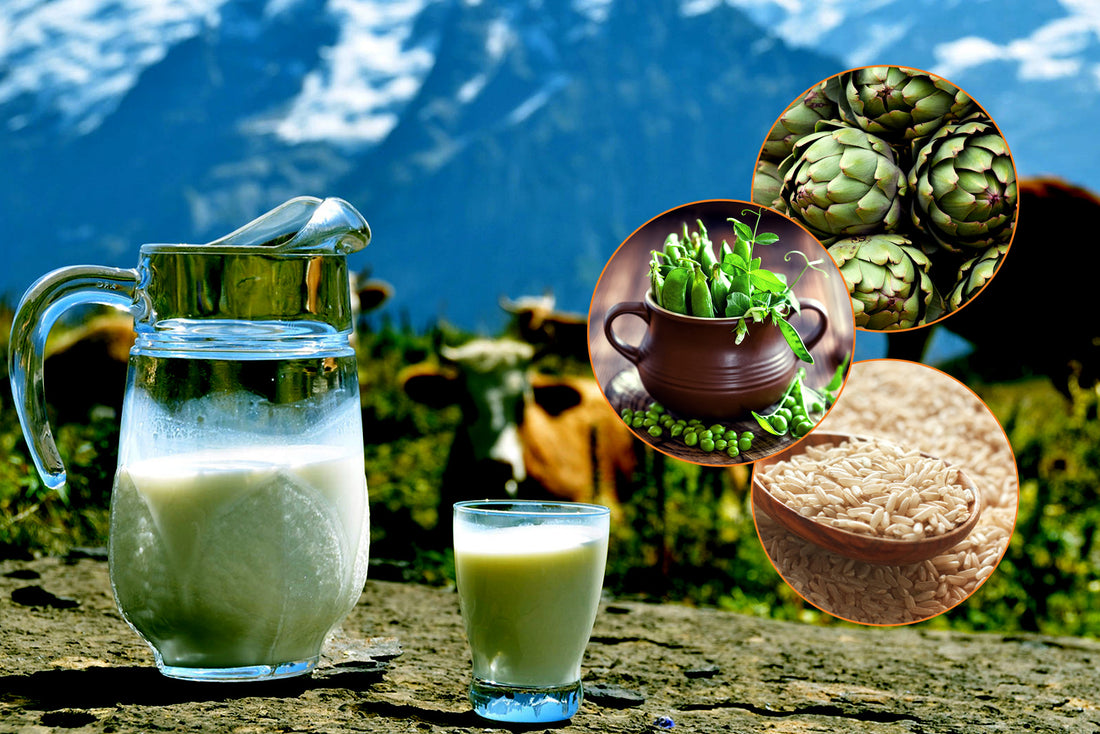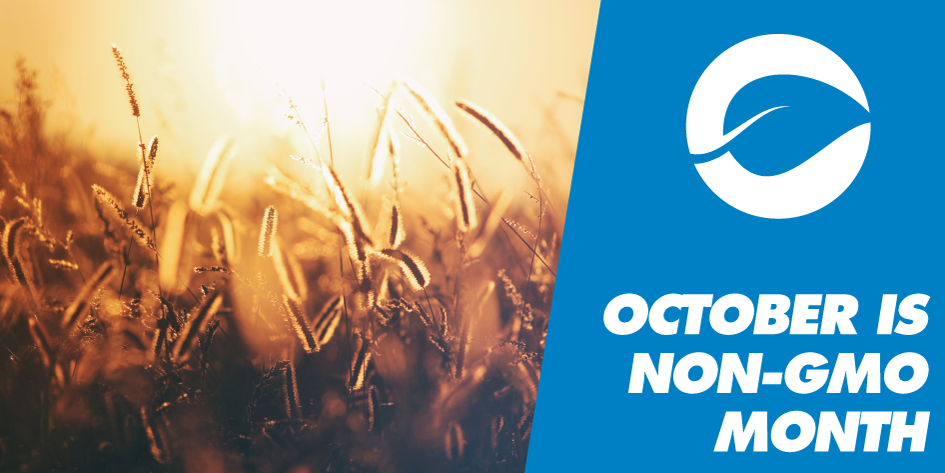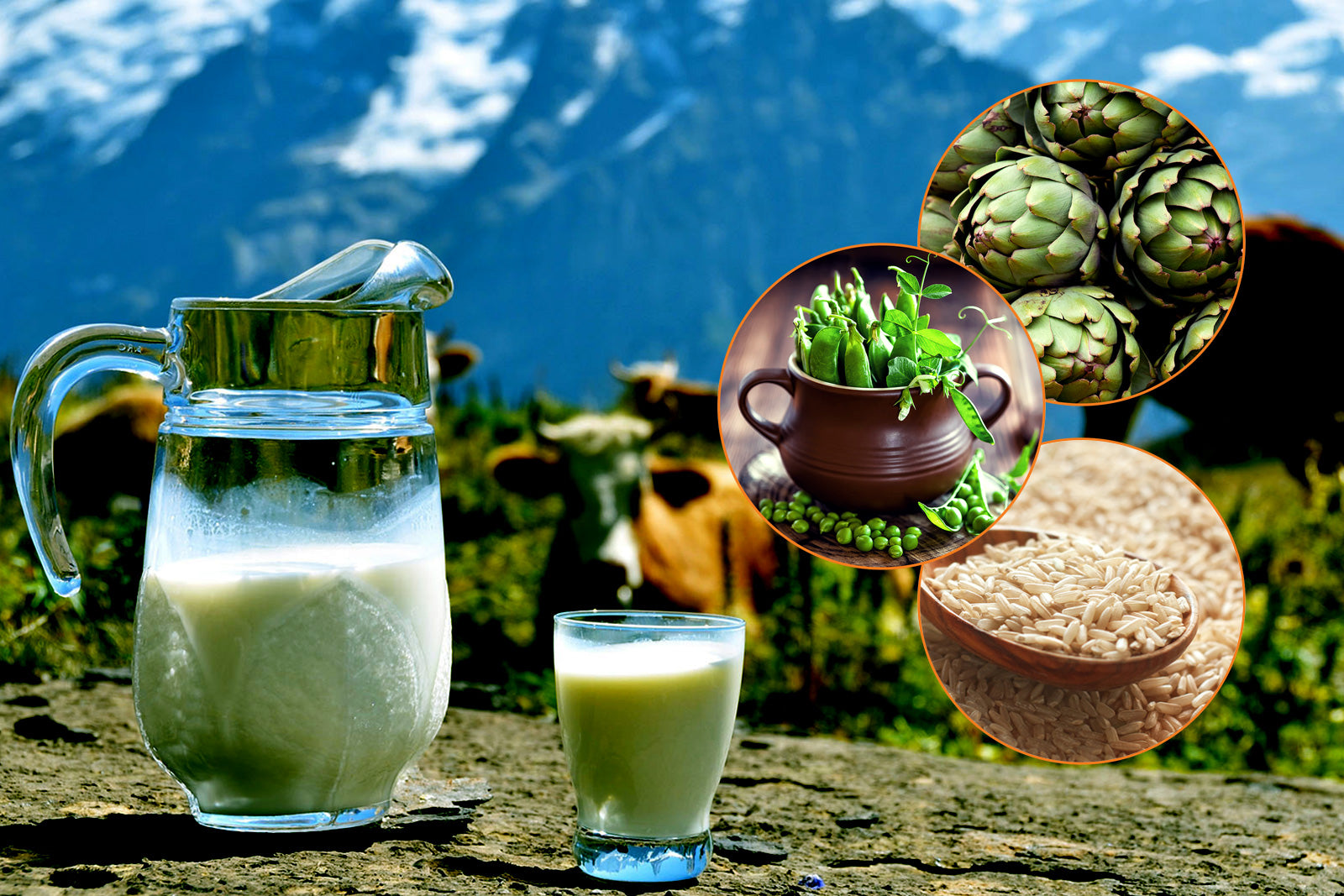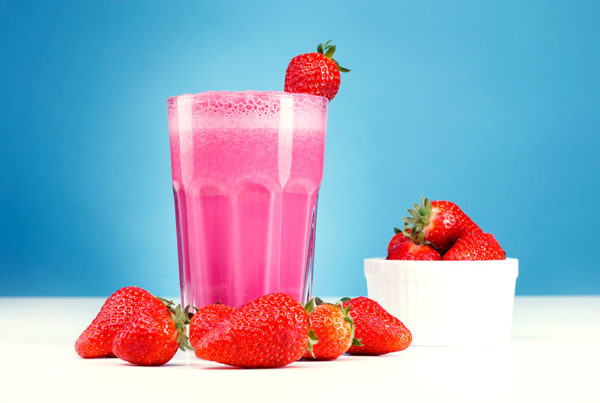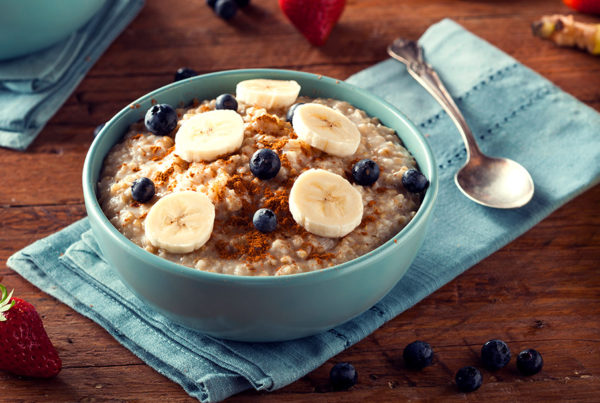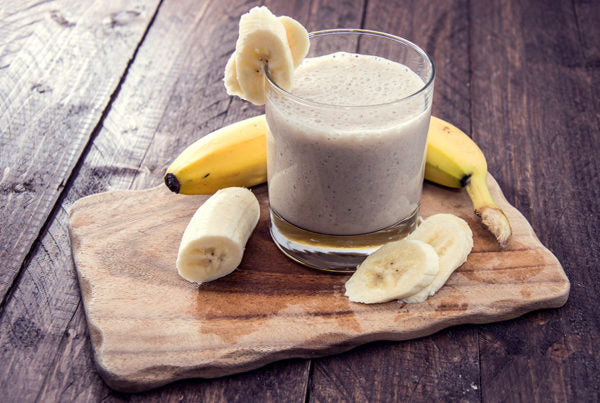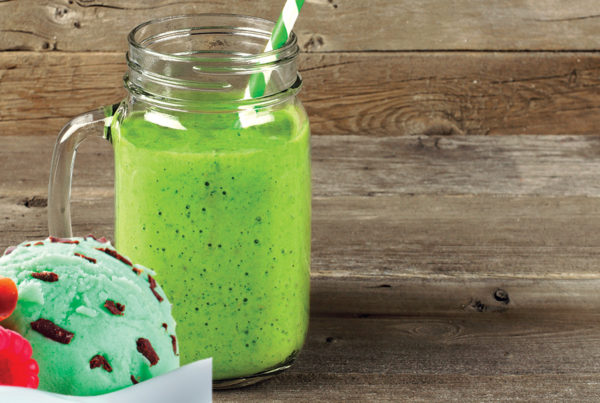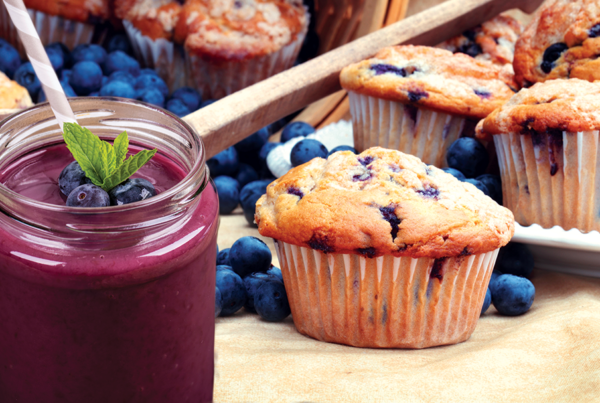Daily protein requirements is a topic that could be debated for days. Part of that debate would be the needs of sedentary people compared to athletes, and another part would be plant-based dietary needs versus meat-based diets. While many people will claim vegan and plant-based diets are inferior when it comes to protein, that’s simply not true. In fact, with proper planning, you can learn how to mimic milk protein without dairy. The one benefit of milk protein is that it does have a good amino acid profile compared to other protein sources.
Sure, it’s easier to follow a high-protein diet and acquire essential amino acids with animal-based foods such as milk, but there’s a slew of reasons to avoid dairy products and other animal protein sources. Milk protein does have a good amino acid profile, however, so many people want to know how to mimic milk protein without dairy products. It’s not as tough as it sounds.
When it comes to daily protein intake, plant-based diets don’t get the credit they deserve. Yes, overall protein quantity is often less than it would be for a calorically similar animal-based diet, but when it comes to quality, that’s a different story.
Finding Essential Amino Acids
Essential amino acids are those that your body can’t synthesize on its own, so they must be sourced from daily nutrition. Despite its decrease in popularity due to lactose allergies among other reasons, milk protein does have a favorable amino acid profile. That’s why it’s been so heavily marketed in the past as something you need daily. Milk, from nonfat to whole varieties, contains 18 amino acids, including all nine essential amino acids, so it’s easy to understand why you’d want to mimic milk protein without dairy.
Although it does have a high-quality array of proteins, many people avoid drinking cow’s milk for a multitude of reasons, whether vegan or not. Thankfully, there are several plant-based foods that deliver complete protein, including certain grains, beans, legumes, seeds, rice, and the combinations of various whole food sources.
Thanks to advancements in supplemental nutrition, maintaining a healthy protein balance with a plant-based diet doesn’t mean you have to carry around a cooler full of food. The most beneficial plant-based protein sources are listed below.
Pea Protein Isolate
Pea protein has gained popularity over the years, but that’s no surprise. As one of the best nutrient-dense plant sources of complete protein, it also delivers serious antioxidant effects, making it great for helping to meet your protein needs while also protecting your overall health.
Along with the essential amino acids in pea protein, it also offers high levels of the amino acids glutamine and arginine. Both of these aminos are known for their ability to reduce recovery time and increase protein synthesis. That’s great for everyone from young athletes to older individuals suffering from age-related muscle loss.
Pea protein is also highly useful to people who suffer from common food allergies. In supplemental form, pea protein isolate is the go-to source for the highest quality.
Pea protein benefits
- Healthy amino acid profile, including glutamine, essential amino acids, and BCAAs
- Curbs appetite
- Supports cardiovascular health
- Natural antioxidant effects
- Hypoallergenic
- Easy to digest
Sprouted Brown Rice Protein
Sprouted brown rice protein is another great source of essential amino acids, and it’s a great source of dietary fiber. This means it will not only help keep your appetite in check, but it’s also great for dietary and cardiovascular health and helps maintain healthy blood sugar levels.
Brown rice is easy to digest, so the protein gets into your system quickly and without intestinal discomfort. Being hypoallergenic means it’s a healthy choice for everyone. For supplemental use, make sure it’s sprouted rice protein isolate you’re using. The neutral flavor makes it great for mixing with other proteins and not competing for flavors.
Sprouted brown rice benefits
- High essential amino acid content
- High in dietary fiber
- Natural antioxidant effects
- Supports cardiovascular health
- Hypoallergenic
- Supports healthy blood sugar levels
- Easy to digest
Artichoke Protein Concentrate
This is one you don’t hear about often, but artichoke protein (from both the artichoke heart and its leaves) is a great source of highly nutritious plant protein that supports strong health.
Artichokes are known to promote good digestive health, but they also support good heart health by promoting healthy blood lipid levels while fighting off toxins and fat accumulation. While not necessarily a high-protein food source, the protein found in artichokes is highly beneficial and promotes many aspects of good health.
Artichoke protein benefits
- High in dietary fiber
- Natural antioxidant effects
- Supports digestive system health
- Promotes cardiovascular health
- Stabilizes blood sugar levels
One Powder for All Your Protein Needs
Pea protein isolate, sprouted brown rice protein, and artichoke protein concentrate are good, healthy protein choices individually, but the right combination of these natural protein sources in a single high-quality powder like Rawfusion will make life a lot easier. The combination also delivers the same beneficial amino acid profile found in milk protein without any of the drawbacks, so you truly can mimic milk protein without dairy. This makes it a wholesome, health-benefiting protein choice for the whole family.

